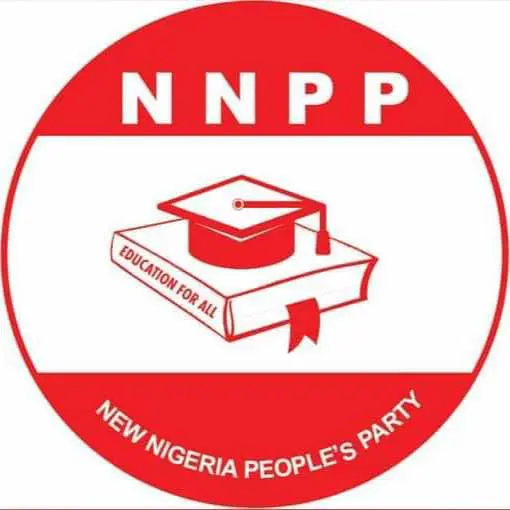Nigeria’s Kaduna State Governor, Uba Sani, has criticized the opposition’s reliance on social media to sway voters, arguing that true electoral victories are achieved through grassroots mobilization and effective governance.
Speaking at a stakeholders’ meeting on Monday, Sani noted that the recent bye-elections in Kaduna saw his All Progressives Congress (APC) secure two state constituencies and one federal constituency, attributing the wins to the party’s focus on inclusivity and people-centered policies.
He took aim at opposition parties for investing too heavily in “Twitter battles and Facebook noise,” emphasizing that online activism does not translate into tangible electoral success. “There is no ballot box on Twitter, Instagram, or Facebook,” Sani stated. “Elections are won at the grassroots, not on social media.”
The governor’s comments serve as a warning to politicians seeking to leverage social media as a primary means of securing votes. Instead, he advocates for a more traditional approach, engaging directly with constituents and addressing local concerns. By prioritizing face-to-face interaction and tangible policy initiatives, Sani believes politicians can build genuine connections with their constituents, ultimately yielding more substantial electoral gains.
Sani’s remarks echo a broader discussion on the interplay between technology, politics, and civic engagement. As the global landscape continues to evolve, politicians and parties must adapt their strategies to balance the potential of social media with the enduring value of grassroots mobilization.
The APC’s success in Kaduna underscores the significance of voter outreach, community building, and a policy-driven agenda. By cultivating a robust local presence and emphasizing people-centered governance, parties can foster trust and generate meaningful momentum at the polls.
While acknowledging the transformative power of social media, Sani’s message cautions against overemphasizing its role in direct election outcomes. As the electoral landscape continues to shift, it remains crucial for politicians to nurture authentic relationships with constituents, emphasizing tangible policy achievements and sustained community engagement. By doing so, they can create a lasting foundation for electoral success, extending far beyond the virtual realm.



